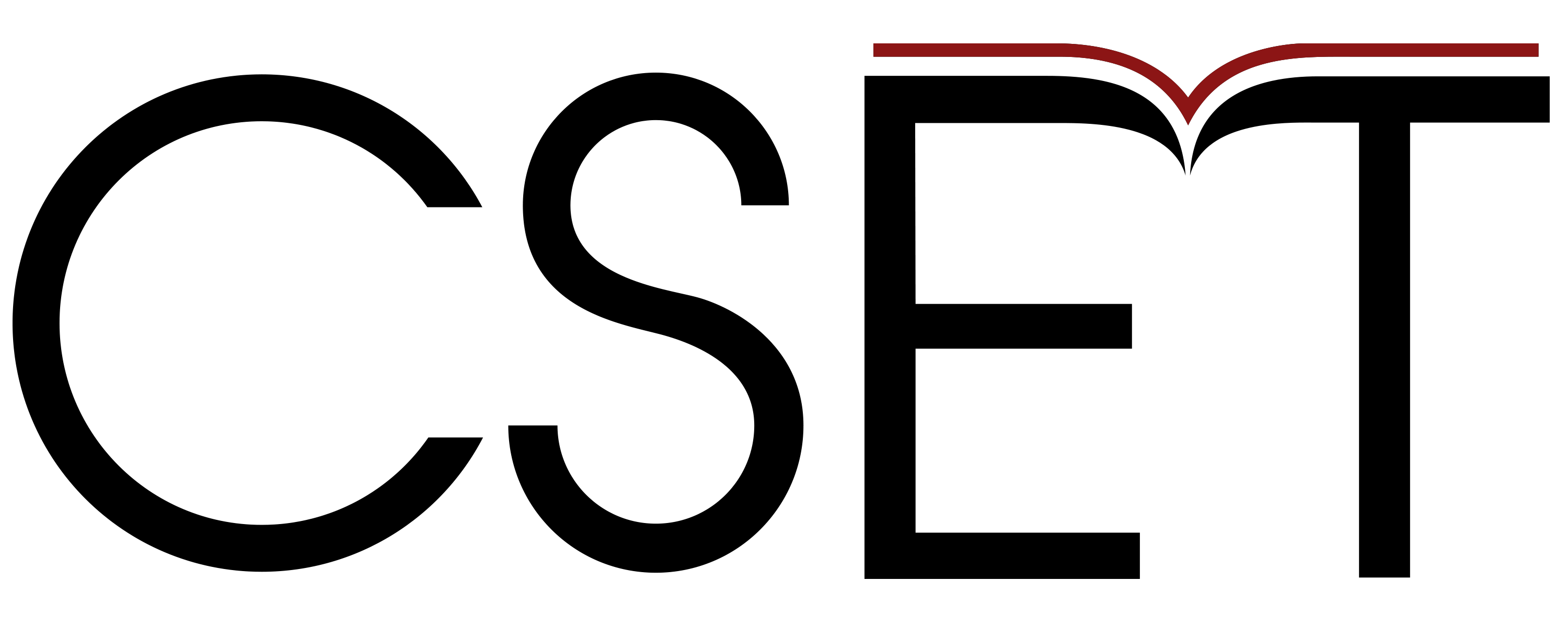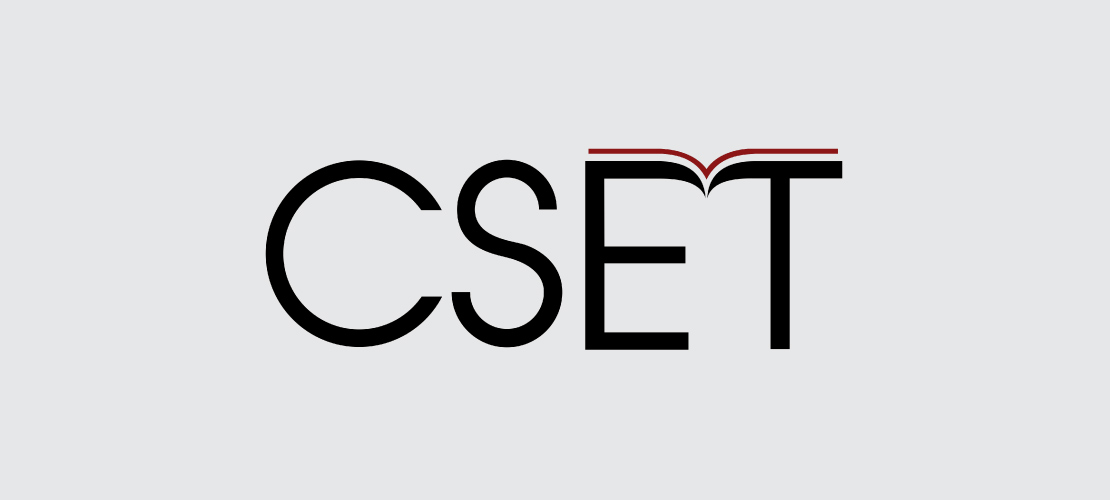
Chemistry for Social Justice
This course seeks to position graduate researchers and teachers in partnership with one another to develop innovative theory that is directly linked to teaching practice.
The course will meet for three days in the summer to introduce theoretical frameworks and practical tools for developing science instructional sequences around social justice issues. Teams of 5-6 participants will be formed (around geography and interest) to design instructional activities with the support of a PD facilitator that they will subsequently enact in their classrooms.
Teams will begin planning their instruction in the summer session and continue collaboration through the school year. Participants will enact the activities in their contexts and meet twice during the course of the 2018-2019 school year to discuss implementation and plan next steps.
We welcome applications from all who are interested in participating in this workshop and will work with applicants to make sure that pricing is not a barrier to participation. Based on available funds and interest, we will offer a reduced price for teachers coming from high-need schools. The regular registration form includes questions related to this option. To express interest, please submit the registration form and pay the required deposit to hold your place in the workshop. Once your application is received, you will be contacted to finalize the enrollment.
In the course, participants will:
- explore what social justice means and what it looks like in the context of chemistry teaching
- examine why social justice is not often addressed in chemistry classrooms
- develop and enact phenomenon-based classroom activities with social justice framing
- develop a community of practice with like-minded teachers
Course Facilitators:
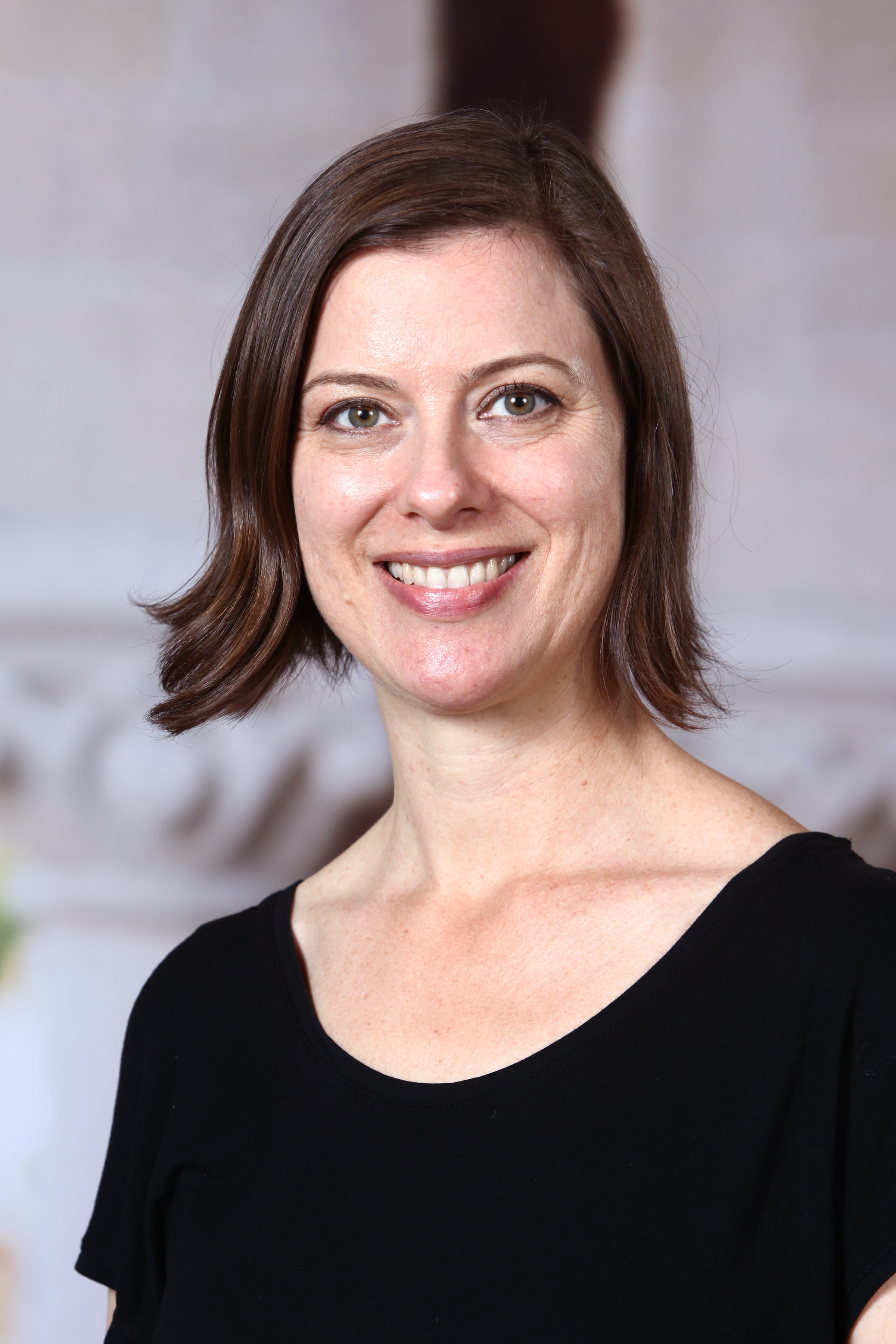
Sara Dozier is a Ph.D. student in Curriculum and Teacher Education at Stanford University where she studies how to create a window into student sense-making about natural phenomena. As a high school teacher, she sought to create authentic and equitable opportunities for her students to reignite their wonder and creativity as they explored the world though a scientific lens. While leading professional learning, she seeks to inspire and empower teachers of science to create learning experiences that are meaningful for their students and context. Sara earned a B.A. in Molecular, Cellular, and Developmental Biology from the University of California, Santa Cruz and an M.S. in Biological Science from the University of California, San Diego. In addition to teaching high school, she worked as a biological researcher and as a science coordinator at the Alameda County Office of Education.
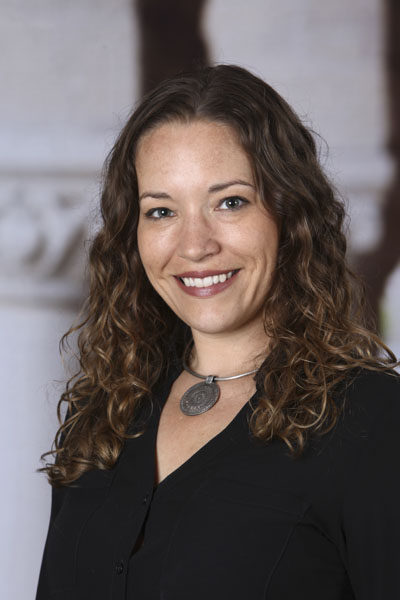 Emily Reigh is a Ph.D. student in Science Education. She studies discourse in elementary science classrooms, with a particular focus on how students engage in the practice of argumentation. She taught high school chemistry (general, AP and IB) for ten years in the United States and Egypt. At Stanford, she has coached teachers, worked in planning for the ChemEx^2 program and developed assessment items for the NGSS. Emily has earned a B.S in Chemistry and a B.A. in Letters from the University of Oklahoma and an M.A. in Teaching English to Speakers of Other Languages from the American University in Cairo.
Emily Reigh is a Ph.D. student in Science Education. She studies discourse in elementary science classrooms, with a particular focus on how students engage in the practice of argumentation. She taught high school chemistry (general, AP and IB) for ten years in the United States and Egypt. At Stanford, she has coached teachers, worked in planning for the ChemEx^2 program and developed assessment items for the NGSS. Emily has earned a B.S in Chemistry and a B.A. in Letters from the University of Oklahoma and an M.A. in Teaching English to Speakers of Other Languages from the American University in Cairo.
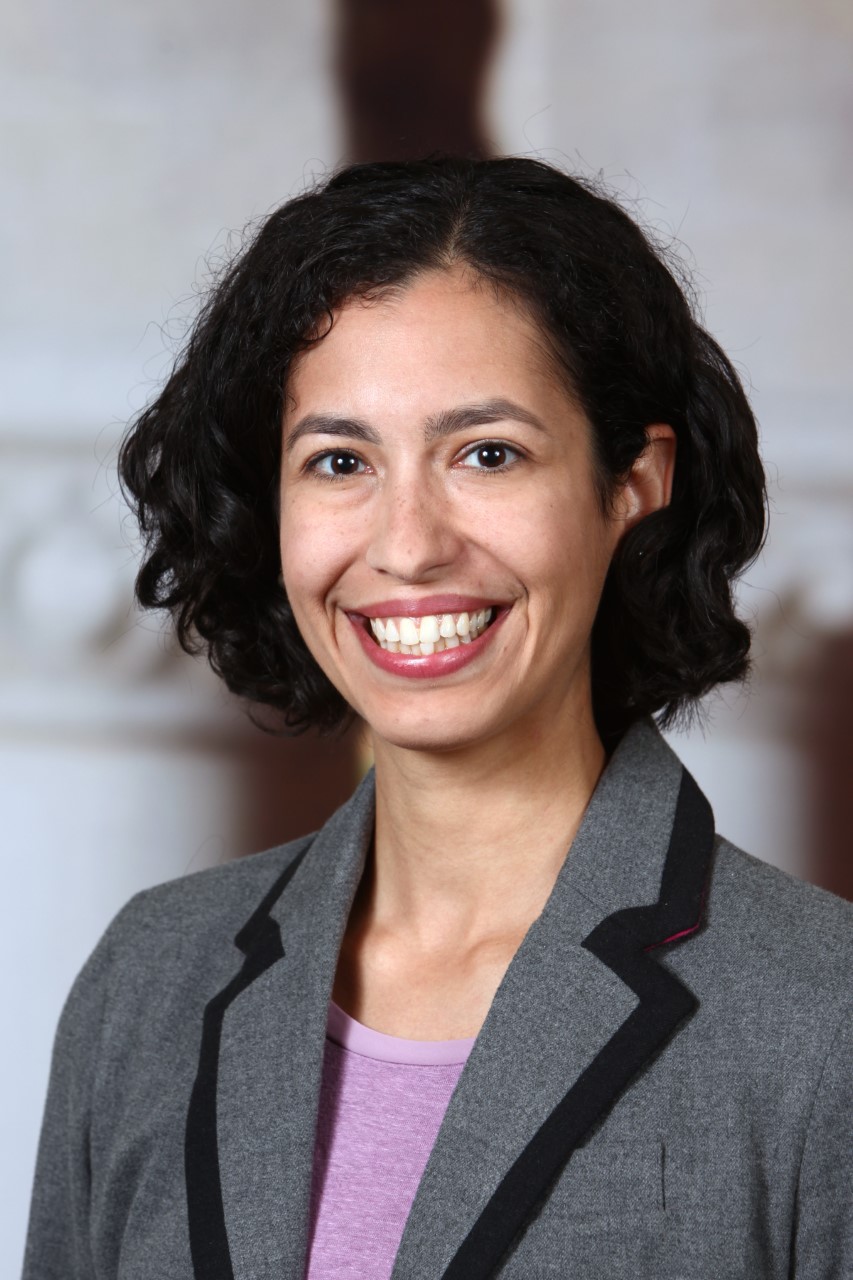 Kathryn Ribay is a Ph.D. student in Science Education at Stanford University. She studies how to engage science teachers in thinking about equity in their work and incorporating culturally relevant teaching into the science classroom. Before coming to Stanford, Kathryn spent nine years teaching chemistry, physics, integrated science, and environmental biology at public high schools in New Jersey. Kathryn earned a B.A. in Chemistry from Harvard University, an Ed.M. in School and Instructional Leadership from Harvard Graduate School of Education, and an M.S. in Chemistry from Rutgers-Camden University.
Kathryn Ribay is a Ph.D. student in Science Education at Stanford University. She studies how to engage science teachers in thinking about equity in their work and incorporating culturally relevant teaching into the science classroom. Before coming to Stanford, Kathryn spent nine years teaching chemistry, physics, integrated science, and environmental biology at public high schools in New Jersey. Kathryn earned a B.A. in Chemistry from Harvard University, an Ed.M. in School and Instructional Leadership from Harvard Graduate School of Education, and an M.S. in Chemistry from Rutgers-Camden University.
Date and time
July 30, 2018 - August 1, 2018
9:00 AM - 1:30 PM
Location
Stanford University
Cost
$300
A $50 deposit required for all participants, even those requesting financial support.
Your spot is not confirmed until this deposit is received.
The cost of the course includes morning coffee/tea and lunch.
